A labor union at Samsung Electronics in South Korea reported that many workers went on strike Friday, marking the first walkout in the smartphone and chipmaking giant’s 55-year history.
The Nationwide Samsung Electronics Union (NSEU) announced last week that its 28,000 members—just under a quarter of the company’s total workforce in the country—would stage a one-day strike on June 7, following unsuccessful negotiations over pay and bonus arrangements.
The union encouraged its members to take a day off on Friday, which fell between a public holiday on Thursday and the weekend.
Son Woomok, a union leader, told that “many employees used their annual leave today,” and at one site, “all workers had taken leave so replacement personnel were deployed.” He did not provide additional details.
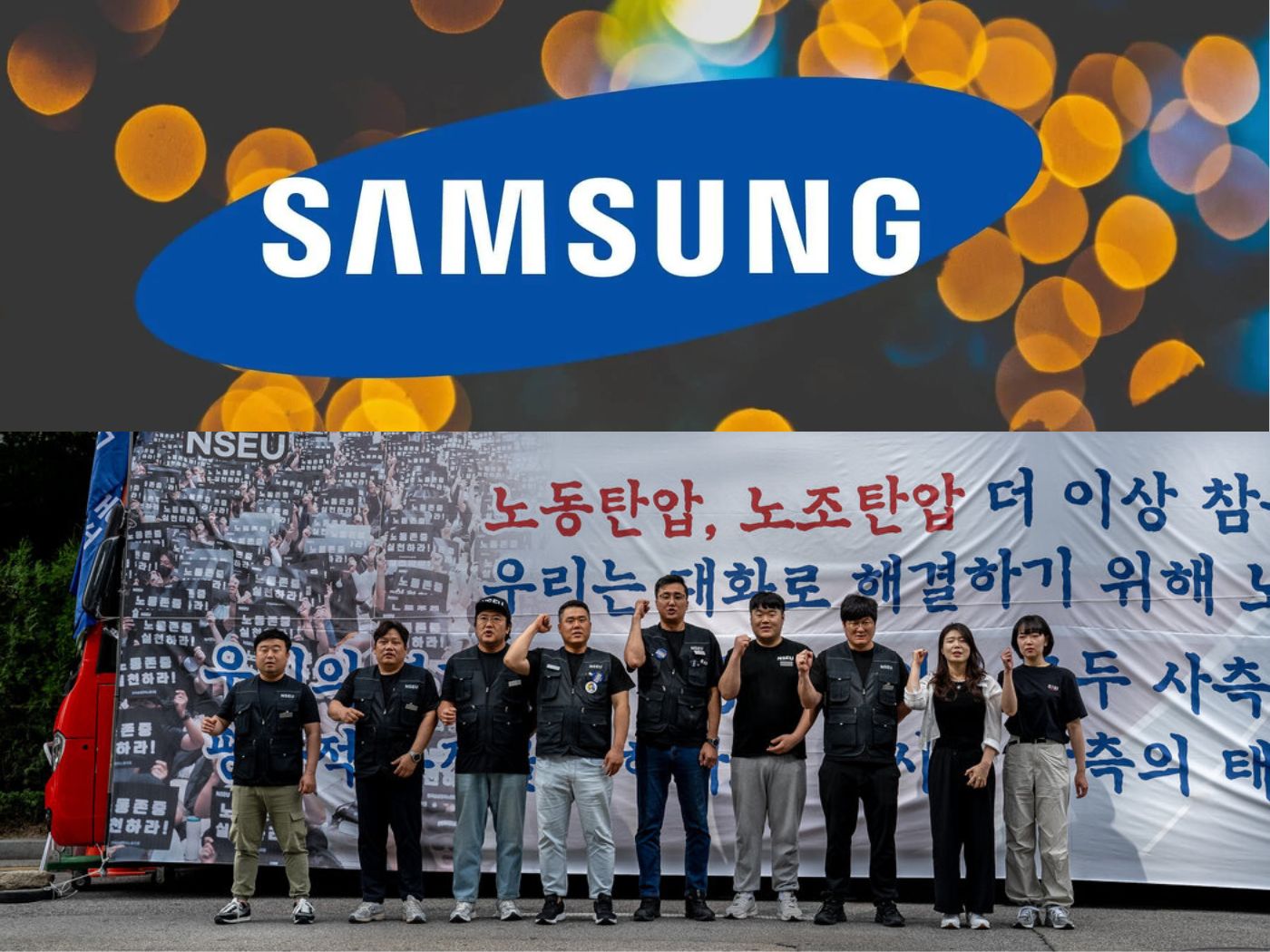
He had previously mentioned that many NSEU members work for Samsung’s flagship semiconductor unit.
This division is attempting to reclaim its former status as a top semiconductor company, as Samsung has fallen behind competitors SK Hynix and Micron Technology in delivering chips used in artificial intelligence (AI) processors.
A Samsung spokesperson told that “there is no impact on production and management activities” due to the one-day walkout.
“Today’s annual leave use rate is lower than last year’s Memorial Day holiday’s annual leave use rate,” the spokesperson added. The world’s largest memory chipmaker has faced a challenging few years.
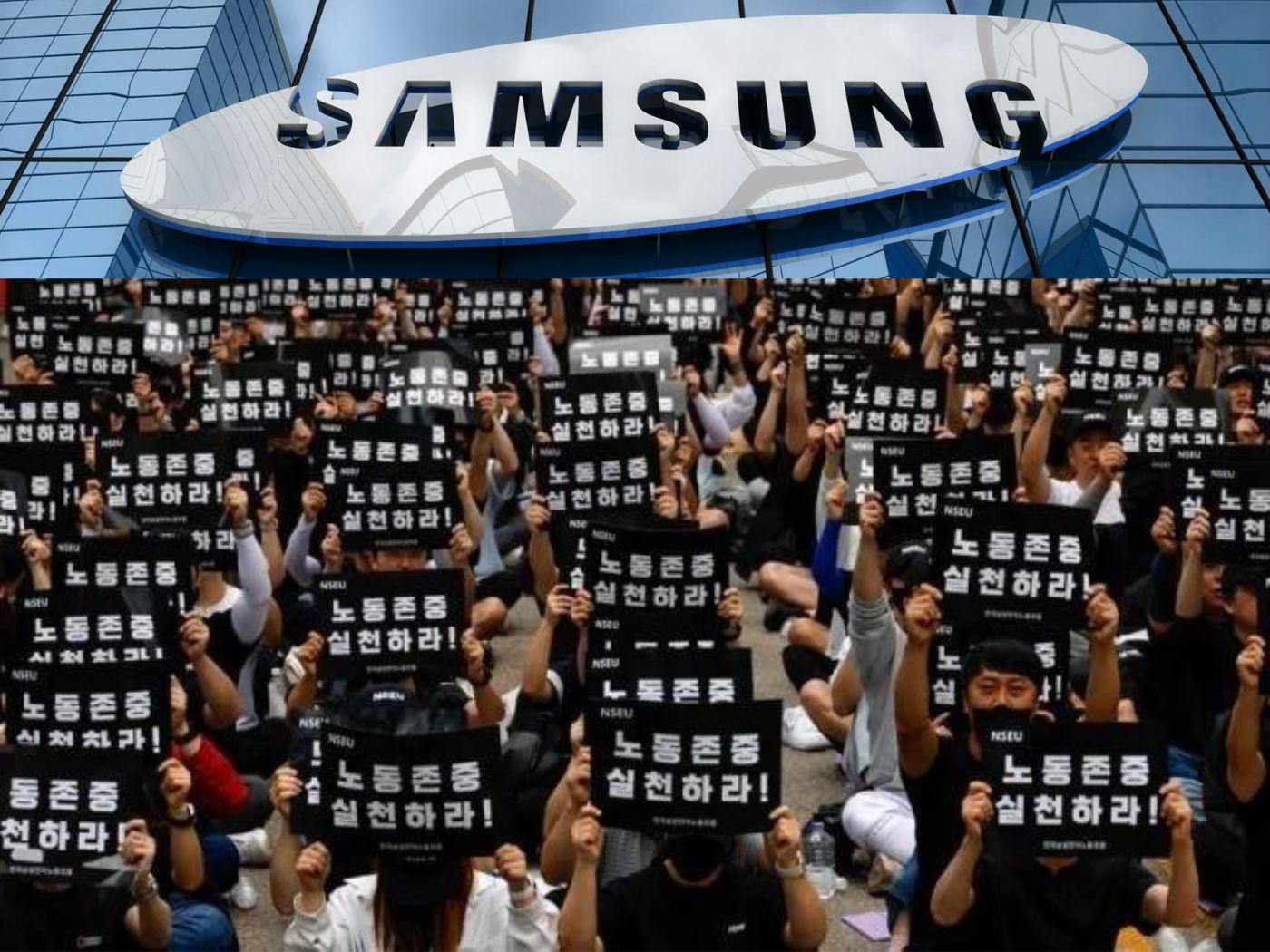
A historic shortage of computer chips during the COVID pandemic was followed by declining demand last year, as consumer appetite for electronics remained weak amid global economic uncertainty.
However, the AI boom is bringing optimism to the company.
Samsung is hopeful for a resurgence in demand for mobile devices this year, particularly with the introduction of new products, such as AI-powered smartphones.
Last month, Samsung reported a more than tenfold increase in first-quarter operating profit, amid forecasts of high demand for AI and high-end chips, an area where it competes with Intel (INTC) and Taiwan’s TSMC.
The vast majority of the world’s advanced microchips are manufactured in just two places: Taiwan and South Korea. Taiwan’s industry is larger and more dominant, a position that South Korea is eager to challenge.

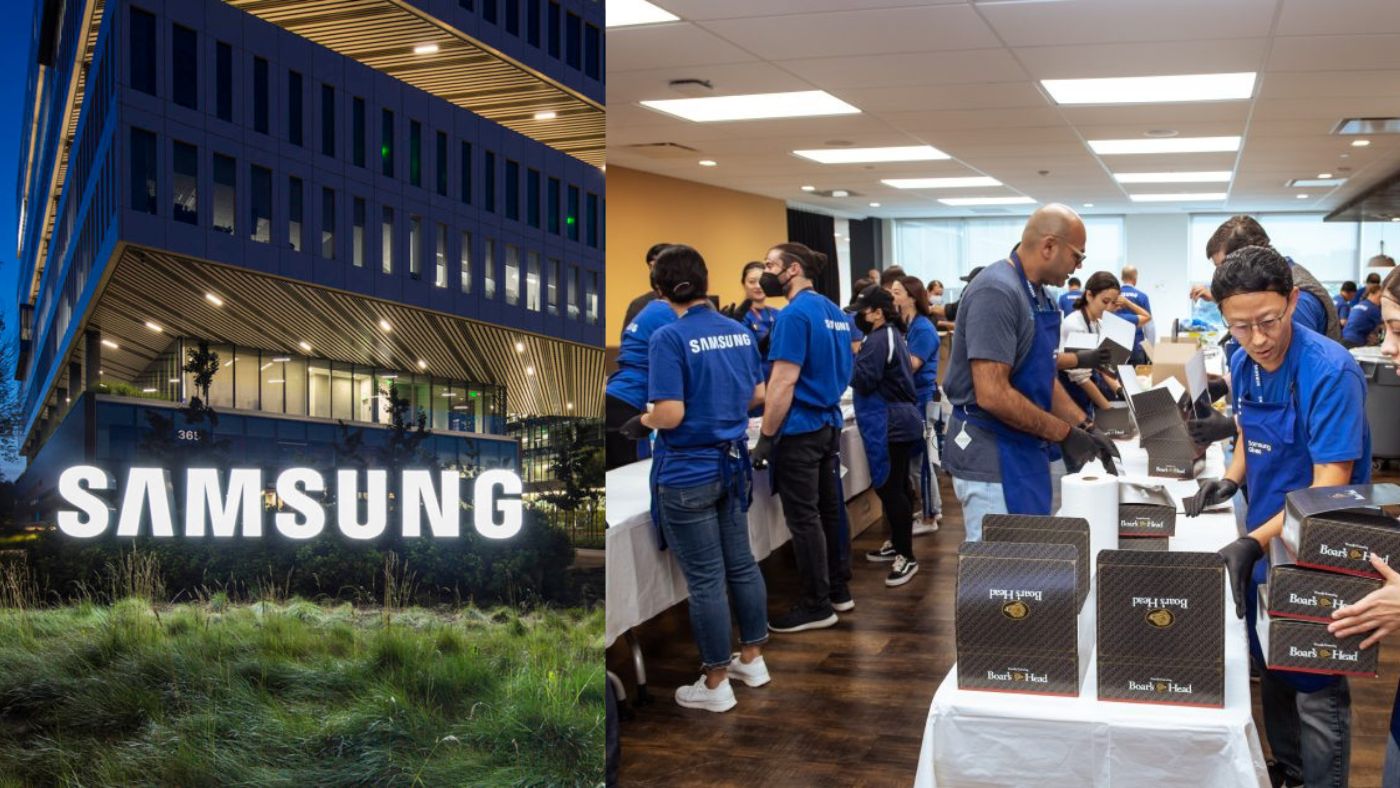


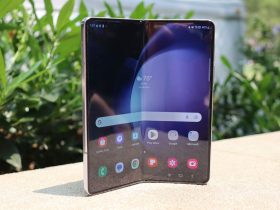
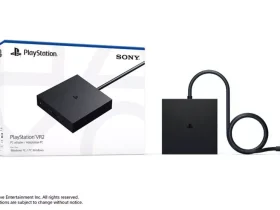
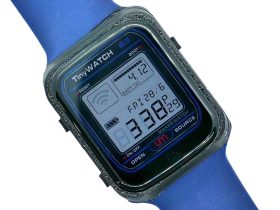
Leave a Reply